
12 min read
2024 will be remembered as a year when the tectonic plates of British plates shifted in a big way.
While the Tory party’s tumultuous time in government this year came to an end, the Labour administration’s first few months in office have been far from plain sailing.
Here are the major political moments of 2024.
January

4 January – As the country entered general election year, then-prime minister Rishi Sunak faced growing pressure to help Labour prepare for power by greenlighting access talks between the opposition and the civil service. The influential Institute for Government (IfG) think tank urged for transition talks to begin immediately. Labour had large, consistent leads over the Tories in the opinion polls at the time.
10 January – Sunak announced that new legislation would be introduced to ensure that “those convicted as a result of the Horizon [Post Office] scandal are swiftly exonerated and compensated”.
17 January – Tony Lloyd, Labour MP for Rochdale, died “peacefully” at home after revealing he had an untreatable form of leukaemia. This triggered a by-election in the Greater Manchester seat to take place in February.
February

7 February – Sunak faced backlash after appearing to make a jibe about Labour’s position on trans people during Prime Minister’s Questions. He had been told previously that the mother of murdered trans girl Brianna Ghey was in the chamber.
12 February – Labour withdrew support for Rochdale by-election candidate Azhar Ali, after widespread criticism of remarks he had made about Israel. Labour also said it was too late to replace Ali, meaning the party would no longer be part of the by-election.
15 February – Labour won two by-elections in Wellingborough and Kingswood, overturning Tory seats. Gen Kitchen was elected in Wellingborough and Damien Egan in Kingswood.
21 February – House of Commons Speaker Lindsay Hoyle apologised after he selected both Labour and Conservative amendments to an opposition day motion on the Gaza ceasefire debate. The SNP had put forward an opposition day motion calling for “an immediate ceasefire in Gaza and Israel” and reacted furiously when the amendments were chosen, accusing Hoyle of breaching convention in an egregious way and calling on him to resign.
29 February – Workers Party leader George Galloway won the Rochdale by-election following a controversial campaign centred on Gaza and Labour’s position on the Middle East.
March

6 March – Chancellor Jeremy Hunt delivered the Spring Budget, announcing a cut to National Insurance and a number of tax reforms including scrapping the controversial “non-dom” status. It was widely seen as one of the Tory party’s last remaining opportunities to address its unpopularity before the election.
11 March – Former deputy chairman of the Conservatives Lee Anderson defected to Reform UK. He had been suspended from the Tories in February for suggesting London mayor Sadiq Khan was being controlled by “Islamists”.
11 March – The Guardian reported that the Conservative party’s biggest donor Frank Hester had told colleagues that looking at long-serving Labour MP Diane Abbott makes you “want to hate all black women” and that she “should be shot”. Sunak said that the comments were “racist” and “wrong” but said that Hester’s donations would not be returned.
April

23 April – The Tory government’s controversial Rwanda Bill was set to become law after the House of Lords dropped their final opposition. Sunak, who was under pressure to deliver his pledge to “stop the boats”, said that “nothing will stand in our way” of getting deportation flights in the air.
27 April – Former Tory minister Dan Poulter defected to Starmer’s Labour, accusing the Conservatives of becoming a “nationalist party of the right”.
29 April – Humza Yousef resigned as Scotland’s First Minister following his decision to scrap the SNP’s coalition deal with the Scottish Greens. He was later replaced by the Former SNP leader John Swinney.
May
3 May – Labour defeated the Tories in a by-election for Blackpool South, triggered by the resignation of Conservative MP Scott Benton.
4 May – In a major blow for the Tories, Labour’s Richard Parker defeated Andy Street to become mayor of the West Midlands. Street sought to distance himself from the unpopular national Tory party in a bid to hold onto his job. Labour’s Khan won a third term as mayor of London in a bruising set of local and mayoral results for the Conservatives.
8 May – Natalie Elphicke became the second Tory in less than two weeks to switch to Labour. The former Dover MP’s defection was particularly shocking as she was considered to be on the right of the Conservative party, and the news made some Labour MPs feel uneasy.
20 May – Sunak offered an “unequivocal” apology to victims of the infected blood scandal after the Infected Blood Inquiry published its findings. The inquiry had been set up by former prime minister Theresa May after more than 30,000 patients were injected with blood and blood products contaminated with HIV and Hepatitis C during the 1970s, 1980s and 1990s.
The day after the apology, the government announced a “comprehensive compensation” scheme for victims of the infected blood scandal.
22 May – Sunak unexpectedly announced a snap election to take place on 4 July. He delivered the speech from outside Downing Street in the middle of a downpour, without an umbrella. The delivery was seen by many as a pesky piece of pathetic fallacy for the government, with many front pages splashing with the image the next morning.
24 May – Former Labour leader Jeremy Corbyn announced he would stand as an independent candidate in Islington North at the General Election. Corbyn had been suspended from the Labour Party and blocked from standing again.
28 May – Labour returned to whip to veteran MP Diane Abbott. She had the whip withdrawn in April 2023 after she wrote that Irish people, Jewish people and Travellers do not experience racism “all their lives” in the same way Black people do. She subsequently withdrew her comments and apologised.
June

3 June – Despite denying for weeks that he would be standing for election as an MP, Nigel Farage announced at a press conference that he would be taking over as leader of Reform UK and would be the party’s candidate in Clacton.
7 June – Sunak was criticised for leaving a D-Day commemoration event early to pre-record a TV interview. He later apologised after a backlash from both Labour and some of his own MPs. The incident was a blow to a Tory campaign that was already extremely uphill.
11 June – The Conservatives launched their election manifesto, which included pledges to cut taxes and a striking national service policy.
12 June – The Guardian reported that Sunak’s close ally and parliamentary private secretary Craig Williams placed a £100 bet on a July election just three days before the prime minister announced a snap vote.
13 June – Labour launched its manifesto setting out Labour’s vision for achieving economic growth. The party vowed to cut crime, reduce NHS waiting lists, liberalise planning rules and improve the UK’s energy security.
July
5 July – Starmer officially became the new Prime Minister of the United Kingdom after a landslide win in the General Election held on 4 July, securing more than 400 seats in the House of Commons. It was Labour’s first election win in nearly 20 years.
5 July – On the same day as Starmer became the new country leader, the defeated Sunak announced his resignation as leader of the Conservative party. Speaking to the country outside Downing Street, Sunak said: “I have heard your anger, your disappointment, and I take responsibility for this loss.”
5 July – The result represented a historic comeback for Labour and a devastating defeat for the Tories. Elsewhere, the Liberal Democrats won their most House of Commons seats ever (72), replacing the SNP to become Westminster’s third biggest party. Farage’s Reform and the Greens enjoyed successful nights.
12 July – The newly-elected Government announced that some prisoners could be released early in a bid to avoid “the collapse of the criminal justice system”, amid an ongoing capacity crisis in prisons.
16 July – Wales’ First Minister Vaughan Gething resigned after a controversial four-month stint as leader.
23 July – Seven Labour MPs had the whip suspended for six months after rebelling against the Government and voting for an amendment to scrap the two-child benefit cap.
29 July – Three children were killed after a knife attack at a Taylor-Swift-themed holiday club in Southport. The country later saw days of disorder and violent riots following the attacks.
29 July – The Chancellor announced plans to scrap the winter fuel allowance for all but the poorest pensioners in England and Wales.
August

1 August – Starmer announced a new “national capability” across police forces nationwide in response to “mindless” disorder in the wake of the Southport knife attack.
27 August – The Prime Minister delivered a speech in No10’s rose garden, warning that the Autumn Budget will be “painful” and the country will have to “accept short-term pain for long-term good”.
31 August – The country was left furious after the sale of Oasis tickets was subject to dynamic pricing. The Culture Secretary Lisa Nandy later said that she wanted to end “rip-off resales” and ensure tickets are sold “at fair prices”.
September

2 September – The Government announced that it had suspended 30 arms export licenses with Israel. Foreign Secretary David Lammy said the decision followed a two-month review of export licences that had found a “clear risk” that the arms in question could be used “to commit or facilitate serious violations of international humanitarian law”.
10 September – Dozens of Labour MPs abstained in a House of Commons vote on the Government’s decision to cut winter fuel payments for pensioners.
15 September – The Sunday Times reported that the Prime Minister breached parliamentary rules by failing to declare that multimillionaire businessman and party donor Lord Alli bought high-end clothes for his wife. A series of high-profile donation scandals followed.
30 September – Speaking at the Conservative party conference, Liz Truss claimed she would have done better at the election than Rishi Sunak if she had still been Conservative leader at the General Election.
October
6 October – Sue Gray quit as Starmer’s chief of staff and was later replaced by Morgan McSweeney.
7 October – The Prime Minister urged all sides in the Middle East to “step back from the brink” and said there is no “military solution” to unrest in the region on the one-year anniversary of the Hamas attack on Israel.
10 October – The Government published its long-awaited Employment Rights Bill in a move to strengthen workers’ rights.
30 October – Chancellor Rachel Reeves delivered her first Budget with the promise to “fix the foundations” of the economy. Spending increases in areas like the NHS were broadly welcomed, but decisions to raise National Insurance for employers and change tax rules for farmers triggered negative headlines.
November

2 November – Kemi Badenoch was elected as the new leader of the Conservative party defeating her rival Robert Jenrick by 53,806 votes to 41,388. She became the party’s fourth female leader following Margaret Thatcher, May and Truss.
4 November – Education Secretary Bridget Phillipson announced that university tuition fees would rise to £9,535 per year in line with inflation in 2025, saying the Labour Government had inherited “the consequences of long years of shameful abdication of responsibility” from the previous Tory government.
5 November – Westminster watched as across the Atlantic Donald Trump beat Democratic Kamala Harris in the US presidential election to secure a return to the White House.
29 November – Louise Haigh resigned as transport secretary after it emerged that she had a fraud conviction connected with misleading the police over a mobile phone. She was replaced by Heidi Alexander, the Labour MP for Swindon South.
29 November – A Private Member’s Bill seeking to legalise assisted dying passed its first House of Commons vote, moving closer towards becoming law. 330 MPs voted in favour of the legislation, while 275 voted against it.
December
2 December – Sir Chris Wormald was appointed as the next Cabinet Secretary and Head of the Civil Service. The appointment was made after Simon Case announced he would step down due to health.
5 December – Starmer set out the Government’s ‘plan for change’ centred on six ‘milestones’ that the country could judge the Labour Government by. The speech was seen as a bid to seize control of the narrative after a mixed start to life in office, but government sources denied it was a “reset”.
8 December – As rebels took control of Damascus, ousted Syrian leader Bashar Assad fled to Moscow. Foreign Secretary David Lammy welcomed the removal of the “monster” dictator but said the UK should be “cautious” about what comes next for the Syrian people.
PoliticsHome Newsletters
PoliticsHome provides the most comprehensive coverage of UK politics anywhere on the web, offering high quality original reporting and analysis: Subscribe
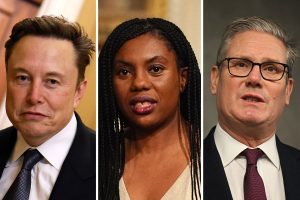
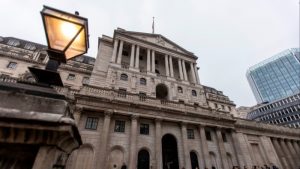






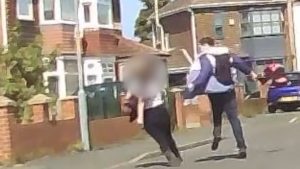



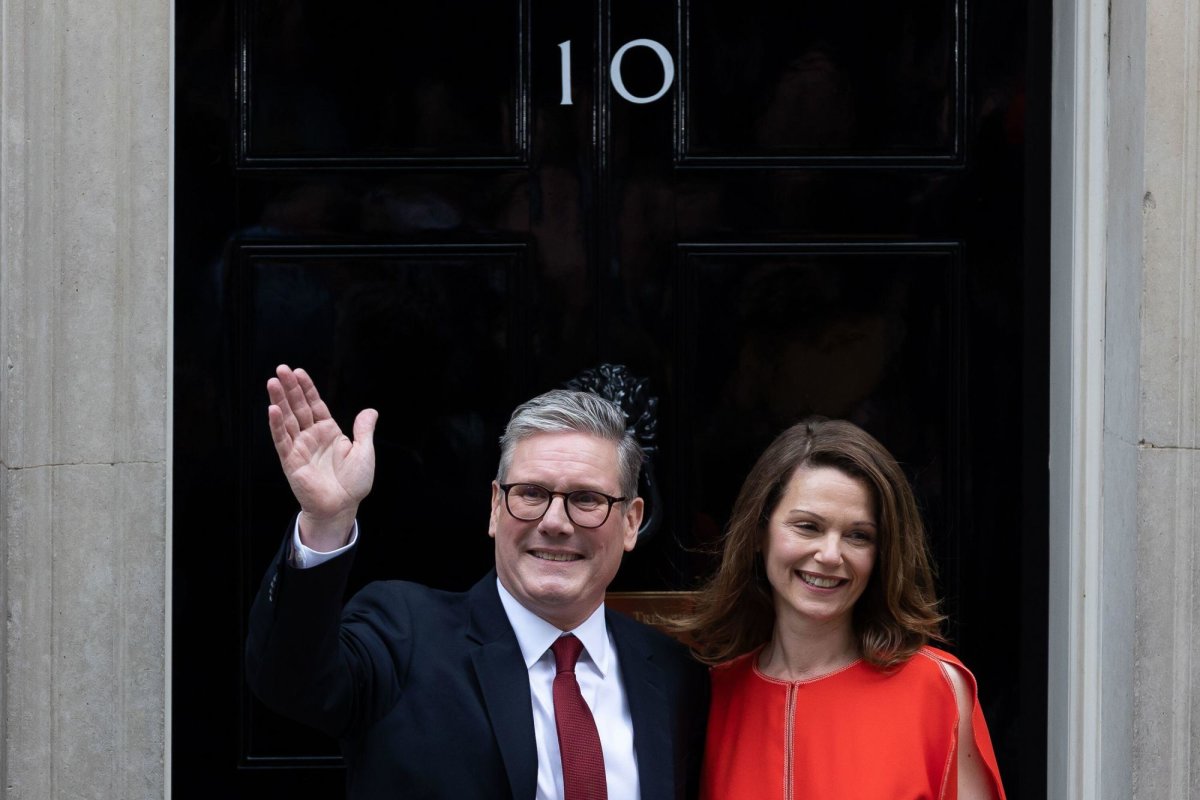

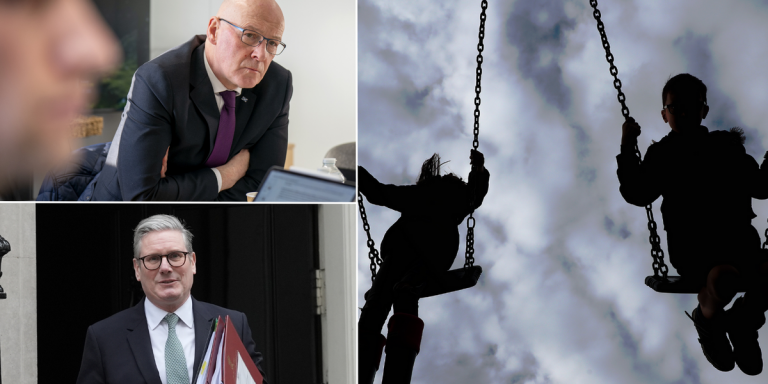
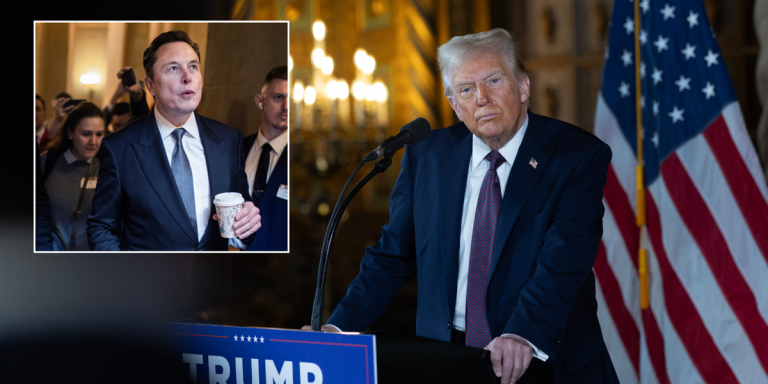
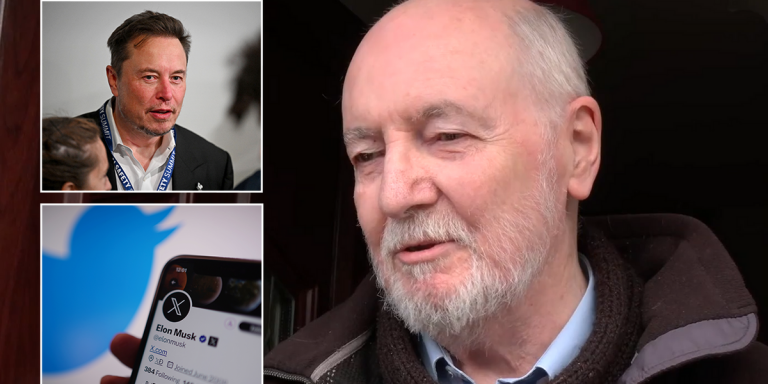
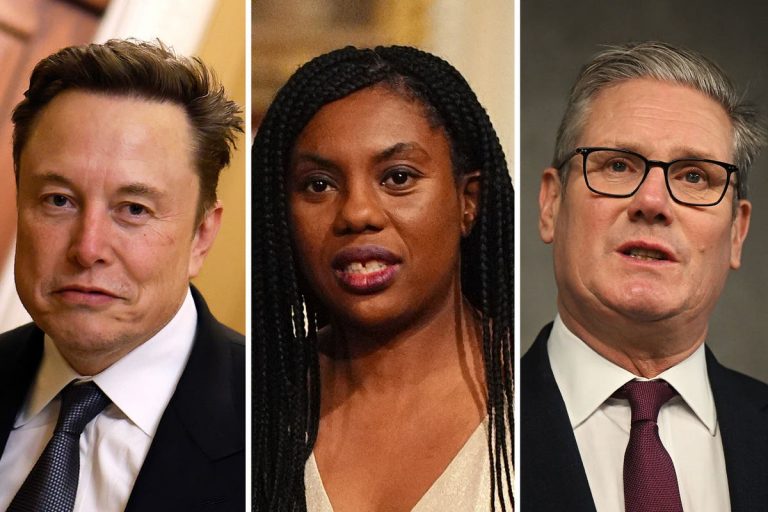
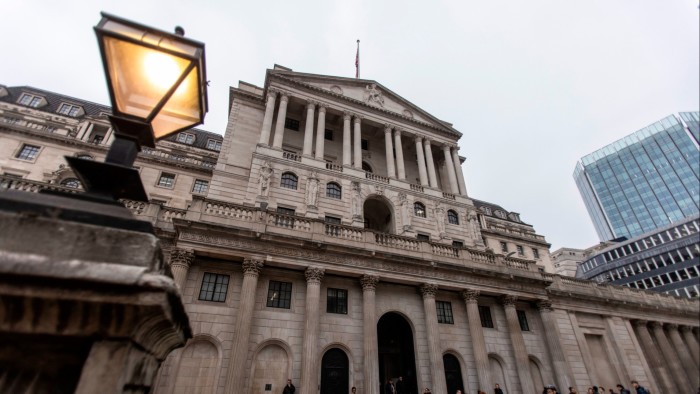



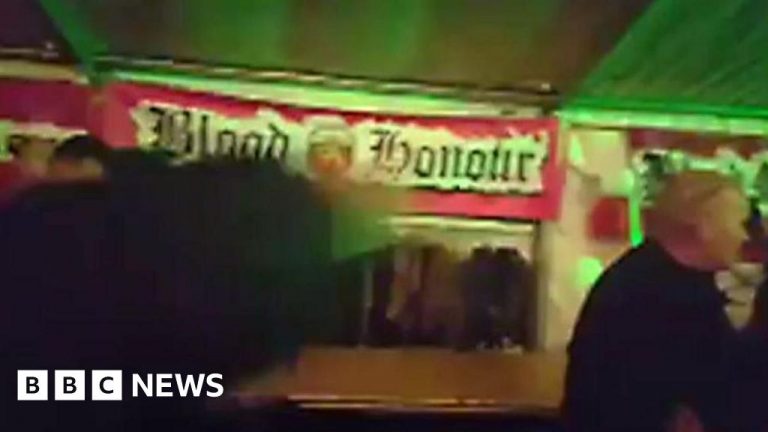


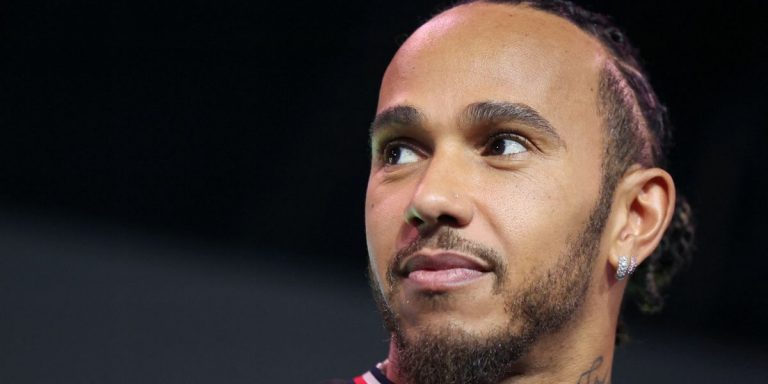
+ There are no comments
Add yours